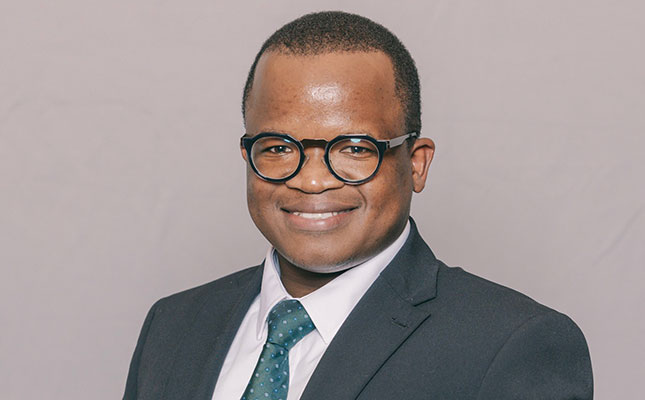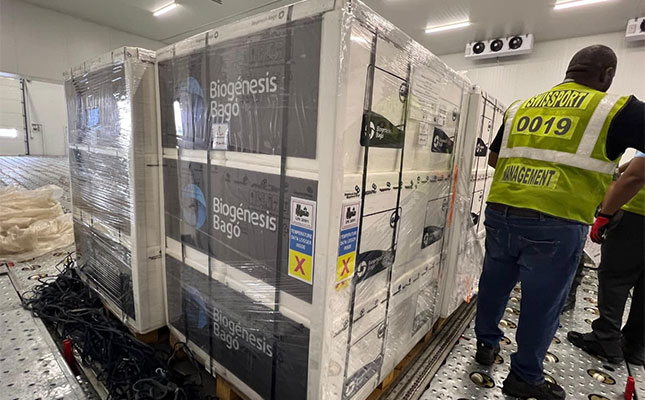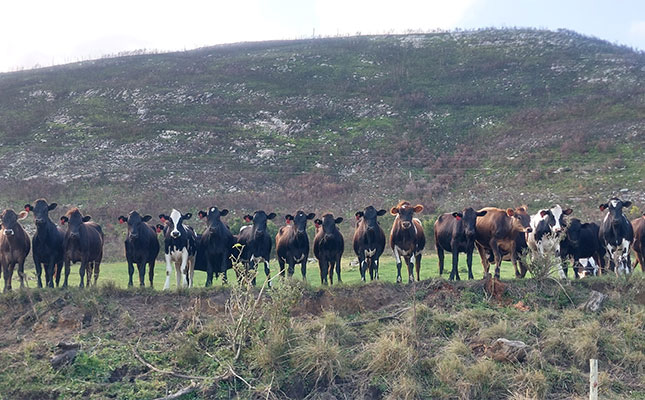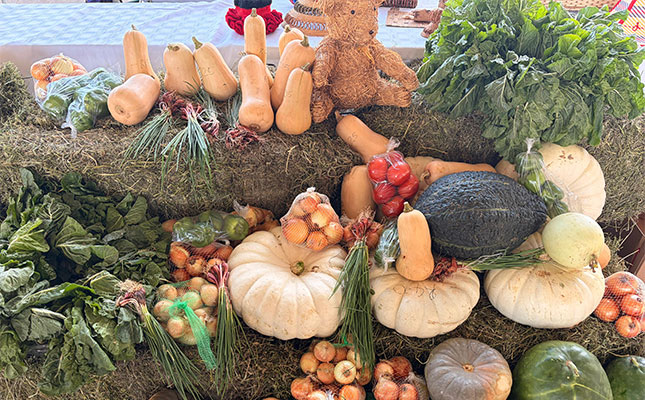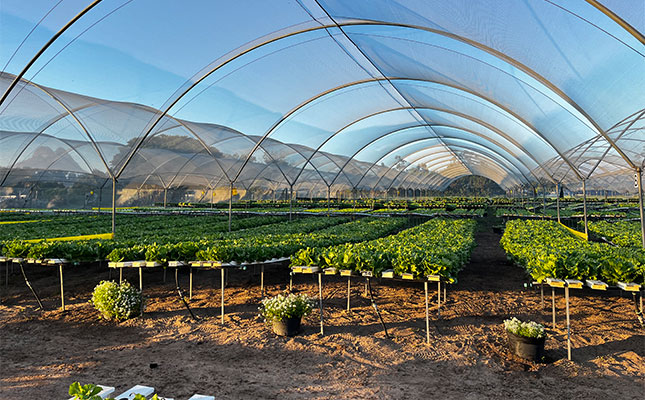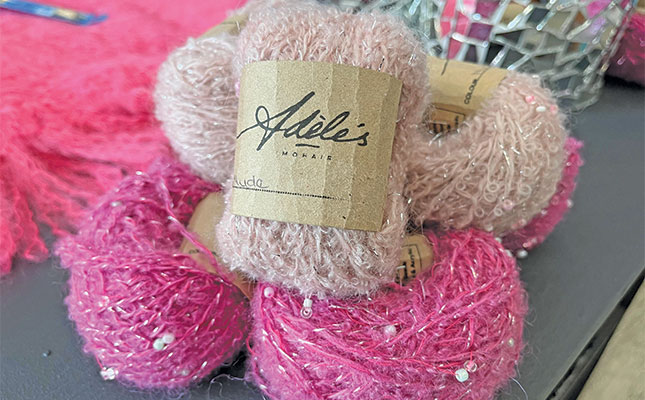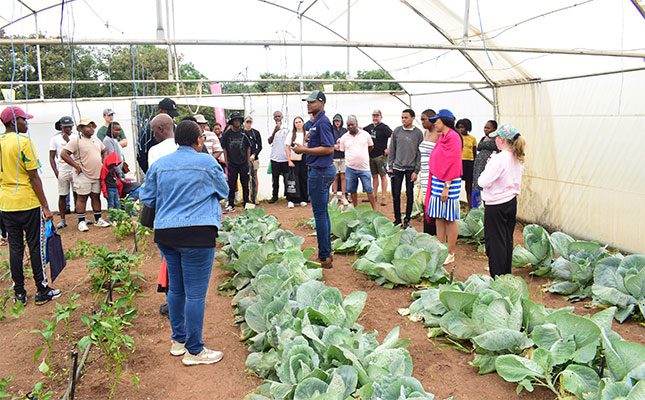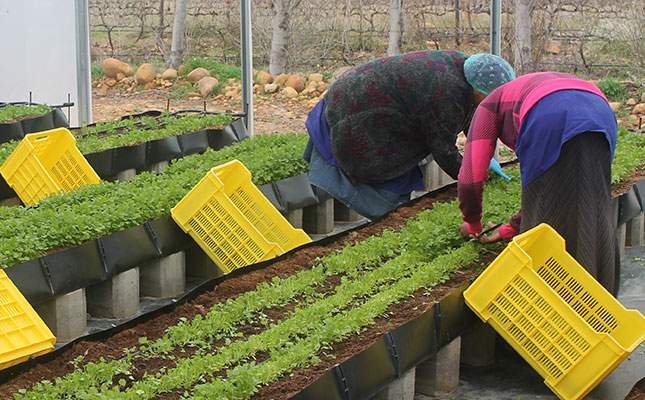
Women who work in the agriculture sector are still battling the perception that farming is a ‘man’s job.’
This emerged during a recent webinar that focused on the challenges women faced in agriculture, which was hosted by the Western Cape Department of Agriculture (WCDoA).
. @WCGovAgri together with #FarmersWeeklySA invites you to attend a webinar on transformation and market access for women in the agricultural sector. Join the conversation tomorrow at 11am ?https://t.co/Gz80mMCpOi #ForTheLoveOfAgriculture #WomeninAgriculture pic.twitter.com/nZmwNFKTUJ
— Farmer’s Weekly SA (@FarmersWeeklySA) August 26, 2020
Werner van Dyk, audit manager of the Sustainability Initiative of South Africa (SIZA) said that a recent study conducted by SIZA on gender equality in agriculture in South Africa revealed that perception was still a major problem.
“The research outlined the extent to which gender roles have changed in recent years and identified areas in which improvements can be made to eliminate possible barriers that might still exist.”
READ How do we attract women to agriculture?
He added that the study showed that culture or patriarchal and traditional values still influenced the perception of gender roles.
“Women who are expected to attend to household tasks are not always encouraged to take up leadership roles, and aspects such as prejudice, sexism and discrimination from both men and women are generated by [the] idea that agriculture is a man’s job.”
He added that men had a crucial role to play as agents of change and that it was important that men acknowledge that women were discriminated against in some industries.
Meanwhile, Dr Mogale Sebopetsa, head of the WCDoA, said that despite all the good work done by women in agriculture, many still struggled to access land and finance.
READ Farmer’s 20-year journey to acquire land, know-how and finance
In this regard, Sebopetsa said that three key priorities had been identified by the department that needed to be addressed. The first priority included structured education, training and research.
“We believe strongly that we’ve got to invest in capacity building of women [so that they can better perform] in the agriculture sector.”
He said the second priority was rural safety, while the third priority was access to markets.
Wendy Peterson, the operations manager for the South African Wine Industry Transformation Unit, said that in the wine industry, one of the main challenges that women faced was a lack of basic skills development and learning, as well as wage discrepancies.
“Wages is a big thing, and we still have women that are earning less than men, [despite] the jobs [they’re doing being] very similar.”
Watch the webinar on transformation and market access for women in the agricultural sector
Get trusted farming news from Farmers Weekly in Google Top Stories.
➕ Add Farmers Weekly to Google ✔ Takes 10 seconds · ✔ Remove anytime
